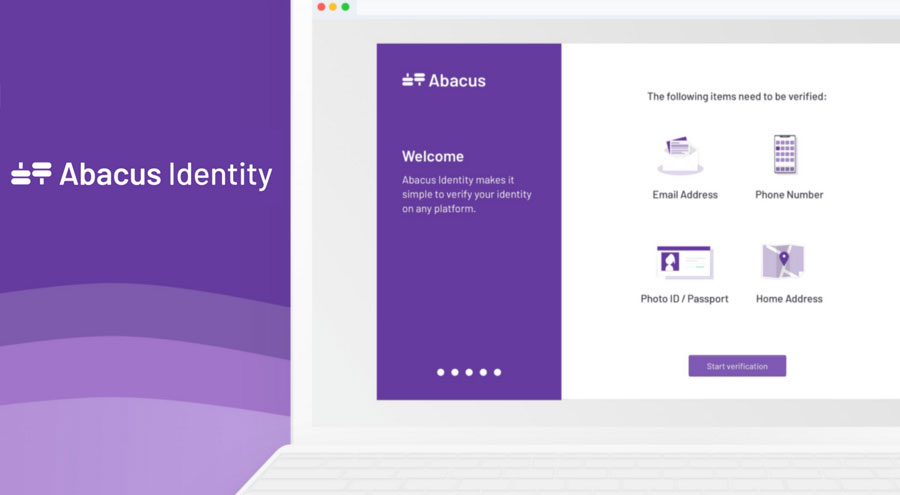Abacus, a permissionless protocol for services that facilitate the issuance, administration, and settlement of tokenized financial instruments on the blockchain announced today that after receiving a considerable amount of interest from projects to use its blockchain-based identity verification components, it is officially introducing Abacus Identity, a standalone identity verification provider.
Abacus Identity enables applications to verify the identities associated with certain Ethereum addresses and interact with these results on-chain. These verifications can be reused with other applications or smart contracts, and users can selectively share their identity information with other parties via OAuth.
Many permissioned blockchain systems today take a set based approach: they add addresses to a set associated with a particular token contract. Instead of making these catchall attestations, Abacus takes a constraint-based approach and make separate attestations for various qualifiers like investor accreditation and AML status.
With multiple values on-chain, smart contracts can programmatically generate authorizations, enabling more expressive functionality within permissioned tokens like the ones built within Abacus Equities. New constraints are easily defined, e.g. whether or not an investor resides in a certain set of countries.
Abacus Identity currently includes workflows for photo IDs, AML checks, investor accreditation, FATCA forms, and social media, which should be sufficient for any KYC/AML program. Applications can interact with Abacus Identity through our REST API, GraphQL API, Javascript SDK, Abacus Annotation Database on Ethereum, and ERC 725 API. On top of this, Abacus provides a dashboard for applications to visualize verifications for their users and a separate dashboard for those users to keep track of their verification details.
The Abacus team said, “We’re also open to adding additional verification types and making attestations on standards and protocols beyond ERC 725 and the Abacus Protocol, so feel free to reach out with requests if there is something specific to your application.”
